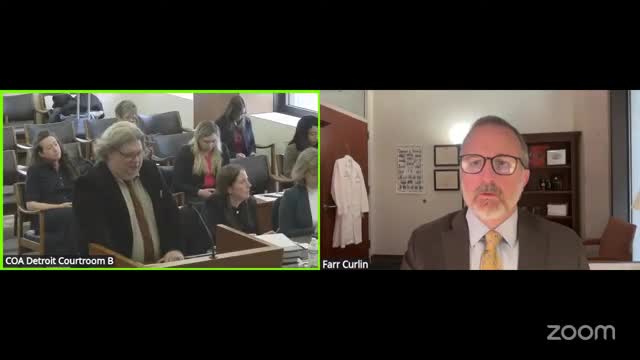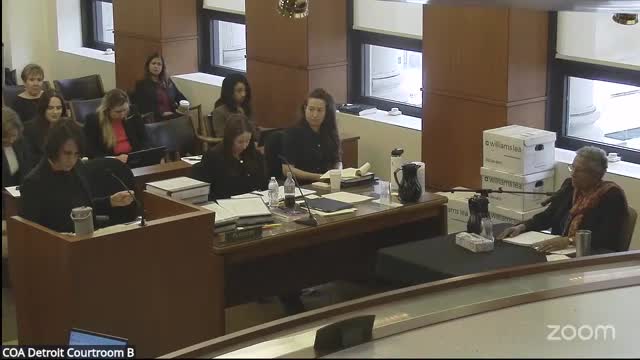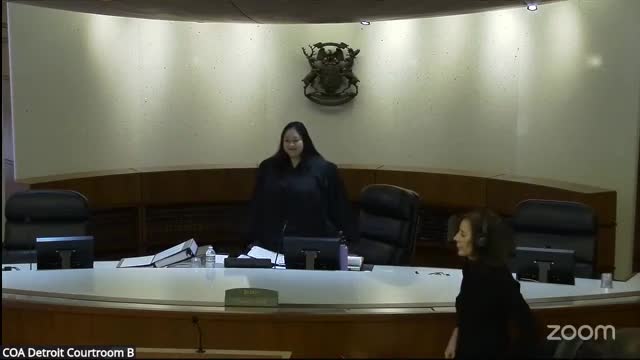Article not found
This article is no longer available. But don't worry—we've gathered other articles that discuss the same topic.

Bioethicist testifies Michigan’s 24‑hour wait, coercion screen and disclosures are consistent with informed consent

Expert witness testifies abortion causes harms to women and calls it 'murder'; testimony partially stricken

